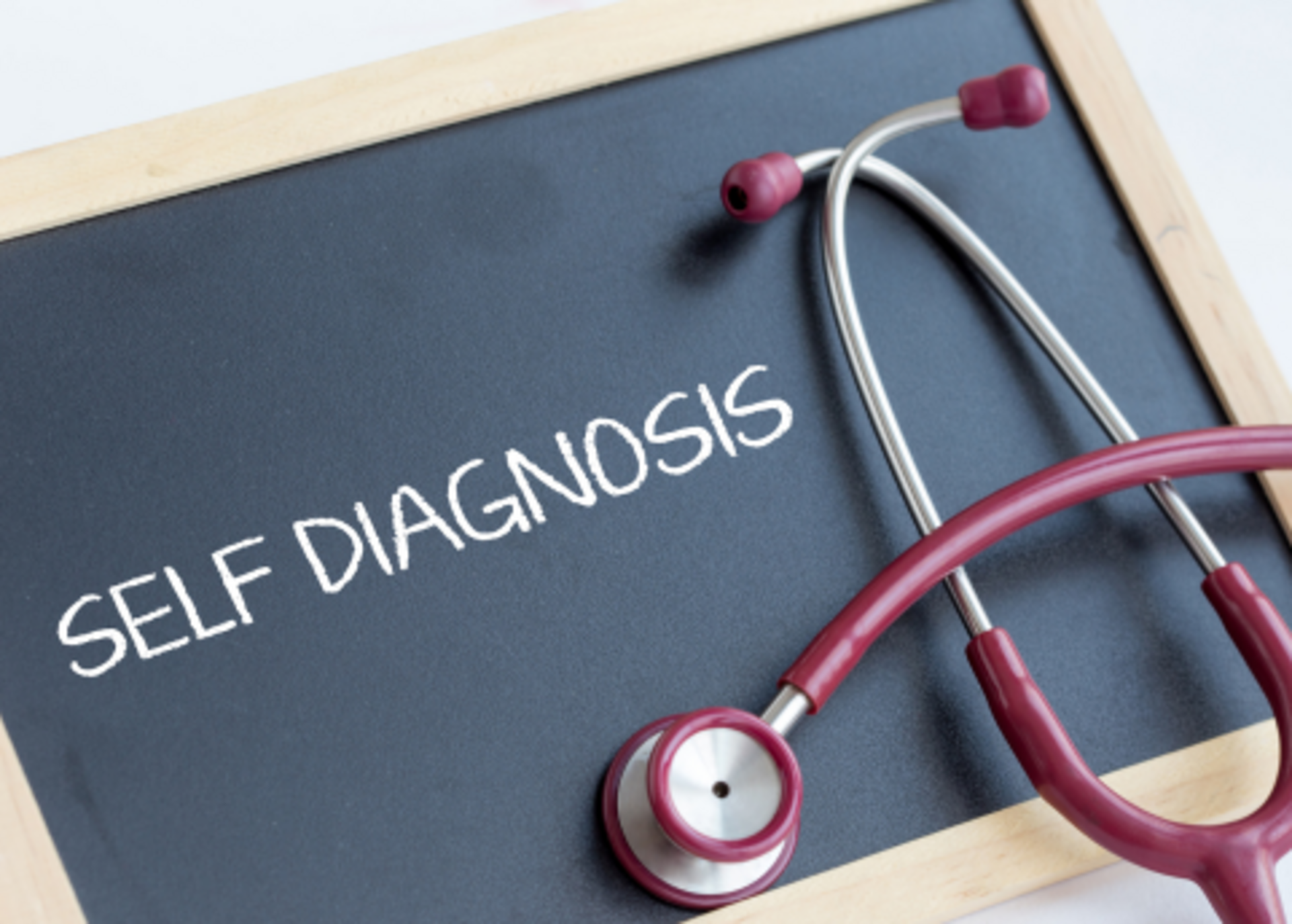We’ve all done it—typed our symptoms into Google and scrolled through pages of scary diagnoses. While online health searches may seem convenient, they can lead to confusion, anxiety, and in some cases, dangerous self-treatment.
Let’s uncover the dark side of “Dr. Google.”

1. Health Anxiety: The “Cyberchondria” Trap
You have a mild headache. Google says it might be a brain tumor. Now you’re panicking.
This cycle is called cyberchondria—when online health research leads to excessive worry. The more you read, the worse you feel. In reality, most symptoms have harmless explanations.
2. Symptoms Can Overlap Across Diseases
Many conditions share symptoms:
Only a trained doctor can distinguish between them through clinical evaluation, tests, and experience.
3. Google Lacks Context — Your Doctor Doesn’t
Search engines don’t know:
Doctors, on the other hand, connect the dots based on your unique profile.
4. Self-Medication Can Be Dangerous
Many people treat themselves based on what they read online. This can lead to:
Example: Taking antibiotics for viral fever—ineffective and harmful.
5. How to Use Google Safely (If You Must)
If you must look up your symptoms, follow these tips:
The internet can be a useful starting point, but not a substitute for professional advice. Don’t let Google become your doctor—it doesn’t know you.